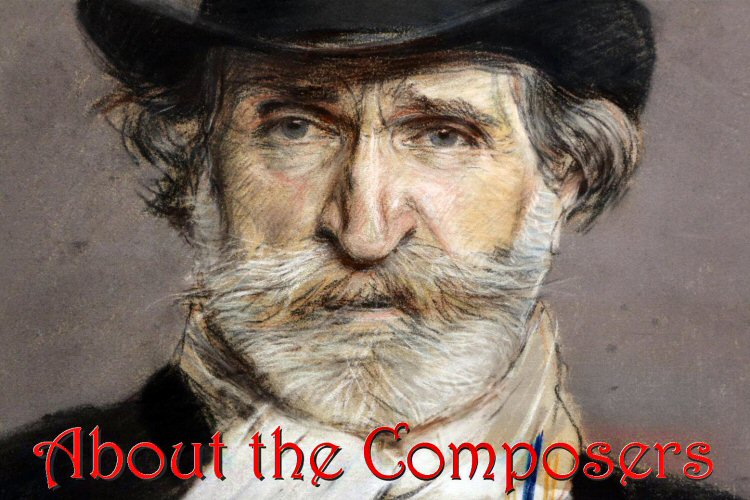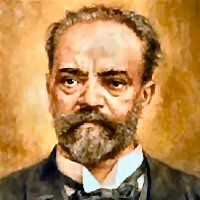| Handout (flat) Handout (folded) Class Script | Return to Index |
The shorter clips shown in class are all available on YouTube; see the links below. Neither of the full productions of
Les Indes galantes that we saw (Bordeaux and Paris) is available complete, but almost all the excerpts are
available separately, though without titles and in less good quality. By some miracle, Rusalka in the Martin Kusej
production is also available complete, again without titles.
Given how the Kusej Rusalka ends, I also include links to yet another production of Les Indes galantes, this time from Geneva, that appears to take place in a very similar setting. Check out the very moving "Viens, Hymen" aria, and the extraordinary use of the "Les sauvages" music at the end, played very slowly as though returning to life after some catastrophe. rb.
And given that we were talking about them in class, I include links to the complete Paris production of Rusalka by Robert Carsen, which may well be as a brilliant as the Kusej, despite its obtrusive Spanish titles. I also include the trailer to the Brussels production by Stefan Herheim and the Song to the Moon from the old English National Opera production by David Pountney, set in a Victorian nursery, whose floor opens to reveal a pool of water. If any of these intrigues you, they are all available on DVD, as is the Kusej production played in class. rb.
| RAMEAU: LES INDES GALANTES | |||
| Paris, 2003 | * Les sauvages excerpt (directed by Andrej Serban) | ||
| Bordeaux, 2014 |
* Trailer
(directed by Laura Scozzi) * Prologue * Les sauvages |
||
| Paris, 2019 |
* Viens, Hymen
(directed by Clément Cogitore & Bintou Dembélé) * Les sauvages |
||
| Geneva, 2019 |
* Viens, Hymen
(directed by Lydia Steier) * Les sauvages |
||
| Other |
* Les sauvages, harpsichord
(1725 harpsichord piece played by Jean Rondeau) * Les sauvages, dance (Houston Ars Lyrica) |
||
| DVORAK: RUSALKA | |||
| Film, 1977 | * Wood Nymphs scene (directed by Petr Weigl; complete) | ||
| Munich, 2010 |
* Opening sequence
(directed by Martin Kusej; complete) * Father and girls * End of Act I * End of Act III |
||
| NY Met, 2017 | * Song to the Moon (Kristine Opolais) | ||
| Other productions |
* London 1986
(Song to the Moon) * Paris 2002 (complete; Spanish titles) * Brussels 2012 (trailer) |
||

















